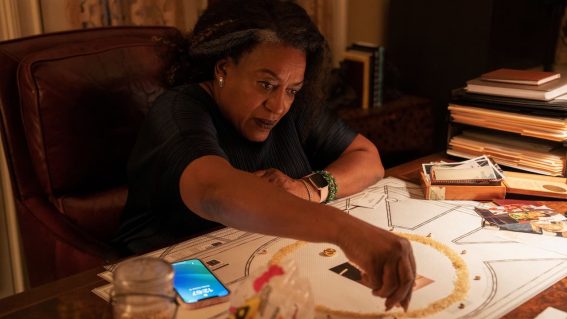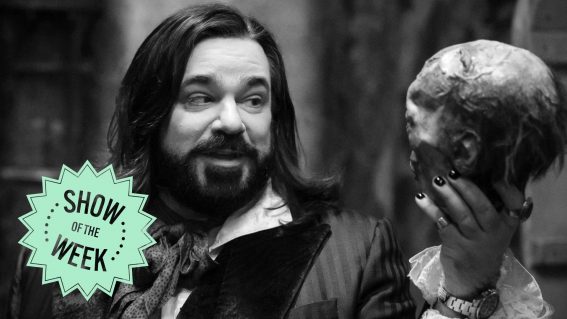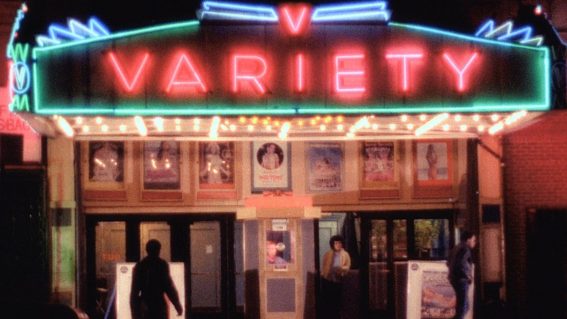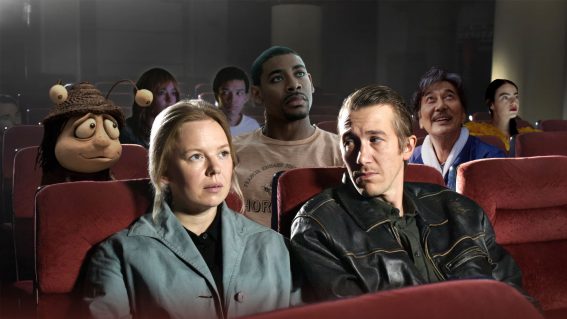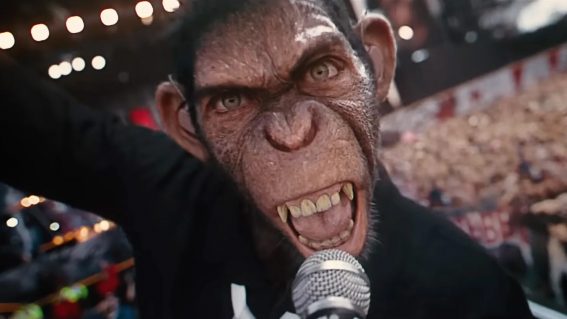The Idol belongs to a long history of sordid showbiz ascension stories
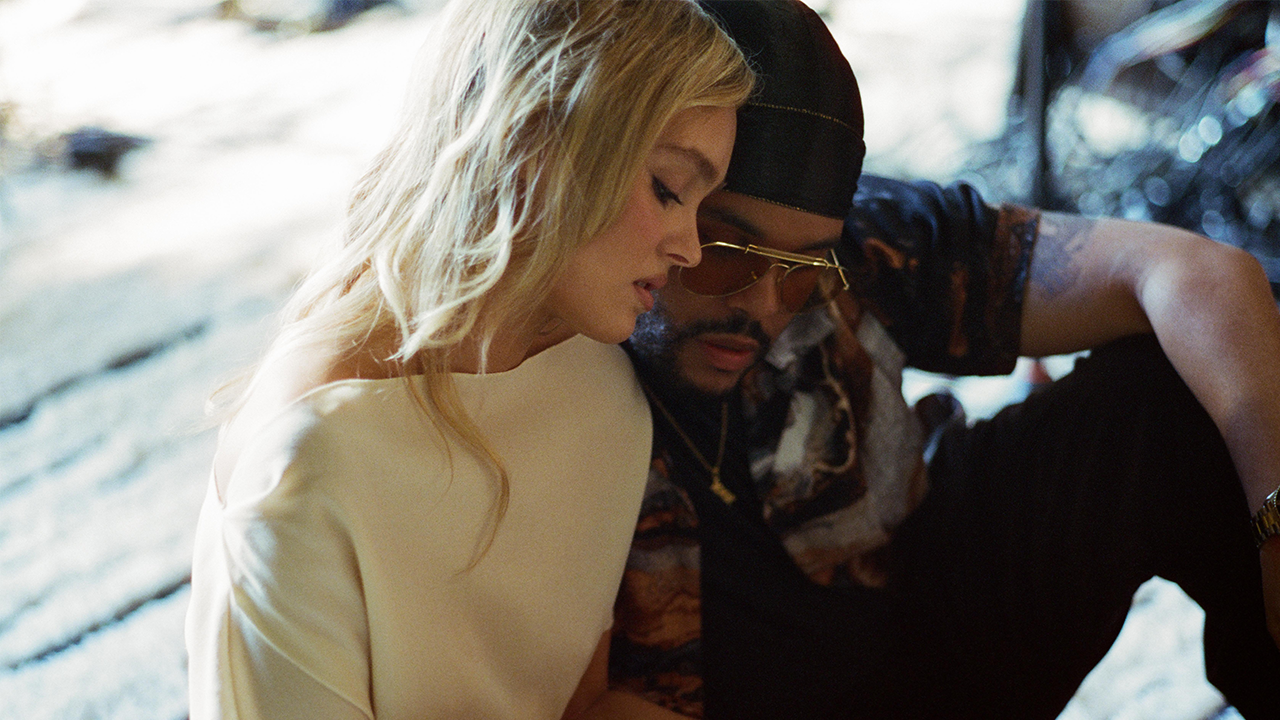
The Idol is a dark music industry drama that’s attracted as much attention for its on-screen debauchery as it has for its scandalous production. Eliza Janssen explains the Hollywood canon of star-is-born narratives to which the new show belongs.
If there’s one thing Hollywood loves to do, it’s to celebrate itself. We’re talking glamorous, back-patting awards season glam, and even in the stories it produces, of talented nobodies rising through the ranks to attain the American Dream of beauty, capital, and fame. Above all else, fame.
It’s why every generation gets its own remake of A Star Is Born, cementing the immortal celebrity of everyone from Janet Gaynor (1937) and Judy Garland (1954) to Barbra Streisand (1976) and, most recently, Lady Gaga (2018). It’s why HBO’s controversial new series The Idol has attracted so much buzz from the very showbiz industry it darkly depicts.
Audiences at Cannes were scandalised by its brutal eroticism, particularly singling out a scene of Lily Rose-Depp’s fragile pop starlet Jocelyn going viral for a leaked “revenge porn” photo. She’s blasted with a similar level of shocked online publicity to The Idol itself, in fact. “How are 14-year-old girls going to buy tickets…when she’s frosted like a Pop Tart?”, one character bemoans of the photo, which shows Jocelyn wearing some guy’s uh, manjuice, like a Korean face mask.
In a twisted and unintended way, that all feeds back into the story The Idol is scrambling to deliver. It seems to be just the latest and most brazen chapter in a long canon of film and TV tales that solidify—and often viciously subvert—the ‘Star Is Born’ narrative, with all the trademark moments of industry-ascending victory and devastating personal lows. When Jocelyn hooks up with a self-help svengali named Tedros (Abel ‘The Weeknd’ Tesfaye), the messed-up mentorship will either redeem her reputation or destroy her spirit.
Every remake of A Star Is Born includes this toxic dynamic, too. Garland, Streisand, and Gaga were all raised into the public limelight by an older male talent whom they fall in love with but then outgrow, and each dude hits the bottle to cope with losing their power in the power couple relationship. Once an undiscovered diamond in the rough, Gaga’s Ally Maine gets super-famous super-quick with the help of her BF Jackson Maine (Bradley Cooper), and he can’t stand the sell-out pop tunes she pops out to great success once she’s made her name.
“Why’d you come around me with an ass like that?”, she sings for an SNL appearance, twerking and grinding to Jackson’s disgust. We the audience may be totally vibing to the vapid bangers that Ally—or Jocelyn, or any other corporate pop product—is serving. But the wise industry insiders in these narratives often see them as nothing less than annihilation of the artist’s soul.
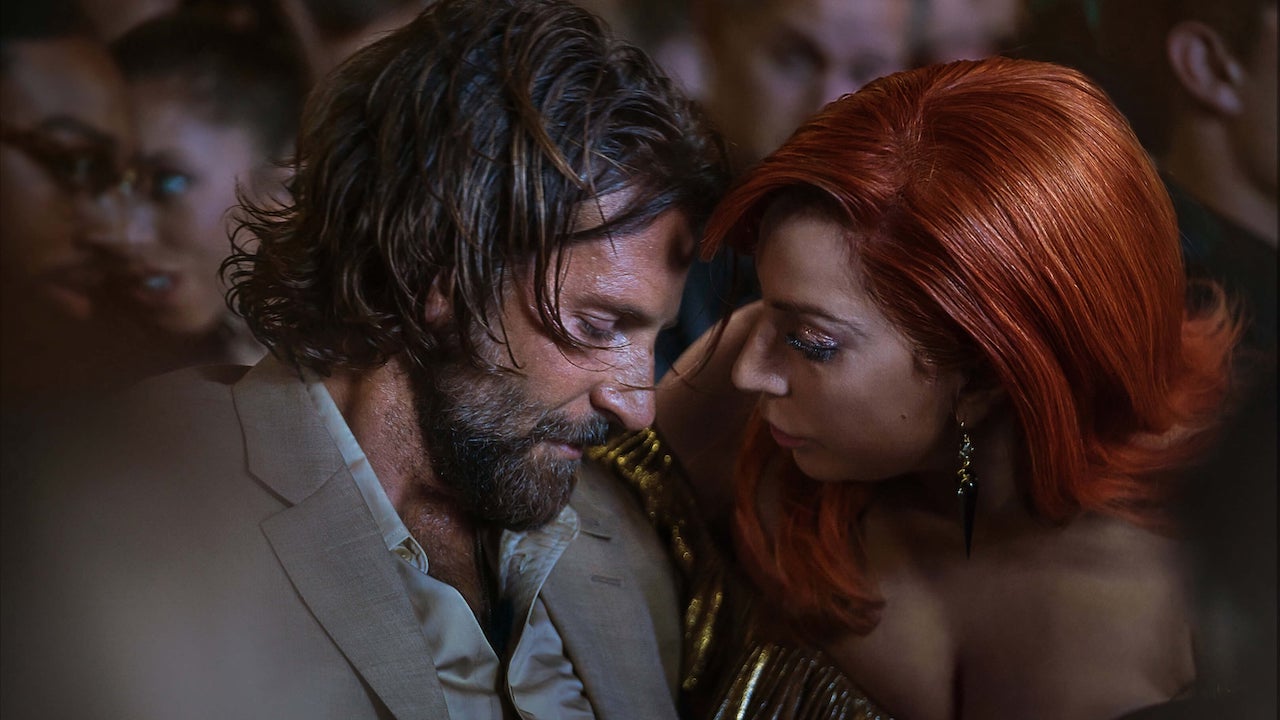
Last year we got post-modernist biopics of both Elvis Presley and Marilyn Monroe, the former being much more fun and glitzy than the devastating latter. Elvis and Blonde each show their culture-defining characters grappling with the corporate responsibilities of their art: Elvis rebels against performing the corny Christmas song his manager has schemed up, and Marilyn begs her imagined “daddy” to not recognise her as only “that thing up on the screen”. The biggest pop icon biopics of 2022 both implored us to see the fame game for the identity-destroying threat that it is…and yet when Austin Butler and Ana De Armas were nominated for Academy Awards, the poor kids were obligated to sing for their awards season suppers on countless red carpets and magazine covers!
With plenty of real life material of broken stardom and industry scandal to work from, the creative team behind The Idol are well-placed to offer us their 2023 take on the subject of fame. Hell, salacious celeb idolatry is right there in the title. Levinson gave us the narcotised teen divas of Euphoria, constantly worrying over their reputations within the high-school power hierarchy, and The Weeknd’s latest albums have consistently featured themes of self-loathing, sex, addictive indulgence and excess. The cover of his 2020 album After Hours startles the slick R&B singer’s fans with his bloodied face, grinning out at us like “this is the fun, nightlife soundtrack you want, right?”
Speaking to GQ about the conflict between using his real name and the mysterious, sinister persona of The Weeknd, Tesfaye said that with After Hours he “wanted to create something that was haunting. What my depiction of Hollywood was—what The Weeknd’s depiction of Hollywood was. Not Abel’s, but The Weeknd’s.”
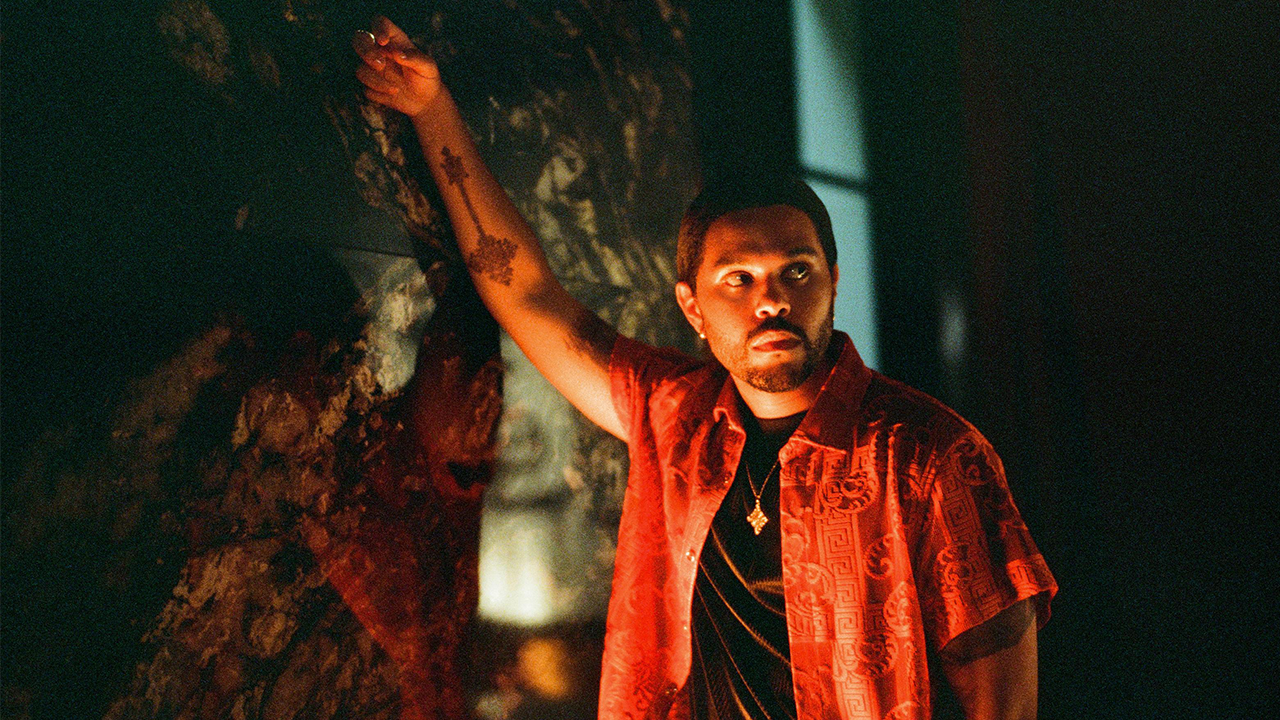
There’s so many more rising star stories in film and TV that have left us “Blinded By The Lights”, in Tesfaye’s own alluring words. Horror films like audition room nightmare Starry Eyes; the endlessly disturbing anime Perfect Blue, following a J-Pop idol’s crumbling sense of self; Boogie Nights, which sees Marky Mark go from a nobody to a 70s porn legend back to a nobody all over again. One of my eternal faves will always be Showgirls, Paul Verhoeven’s dark Vegas mirror of the morally bankrupt ‘rise to the top’ diva fantasy that Hollywood once had us totally manipulated by.
Yet just like the mindless, greedy fans and evil showbiz executives in these narratives, we keep coming back for one more pound of flesh from the latest victimised young star. Don’t feel too guilty, though: of course it’s all fictional, much more fantastical than the real, unsettling #FreeBritney and #MeToo tabloid stories we hear. The Idol is merely the most current, nasty retelling of the fame game formula we can’t help but buy into, time and time again.





